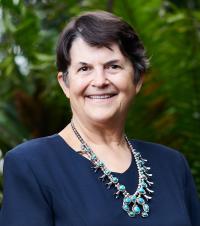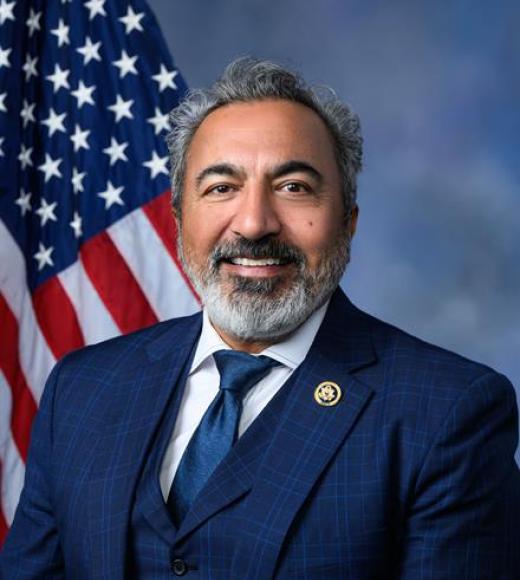University of California, Davis 2024 Global Food Systems Agriculture Day Seeding Food Systems Resilience
Speakers - Opening Remarks
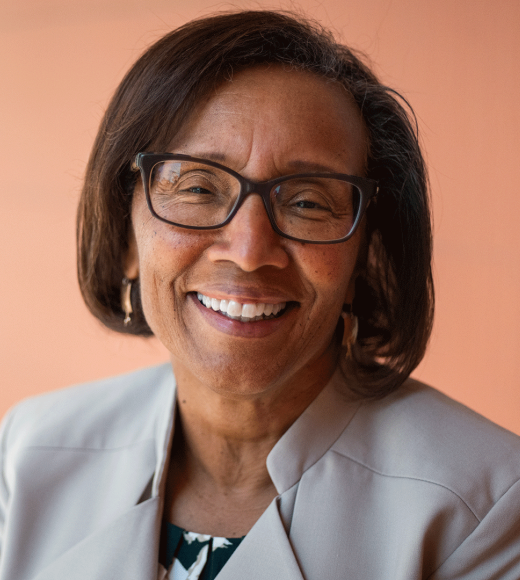
Dr. Helene Dillard
Dean, College of Agriculture and Environmental Sciences, University of California-Davis
Helene R. Dillard was appointed dean of the College of Agricultural and Environmental Sciences at UC Davis in January 2014. Dillard is the chief academic and administrative officer of the college and oversees fourteen departments, 29 centers and institutes, more than 7,400 undergraduate students, 380+ faculty, and 800+ staff. In addition to her responsibilities as dean, she has programmatic responsibilities for the college’s Agricultural Experiment Station and Cooperative Extension. Dillard has national and international leadership experience, including invited consultations, presentations and scientific exchanges in China, Central America (Honduras, Nicaragua), South America (Argentina, Brazil, Chile), the European Union (the Netherlands, Sweden, United Kingdom) and Zimbabwe.
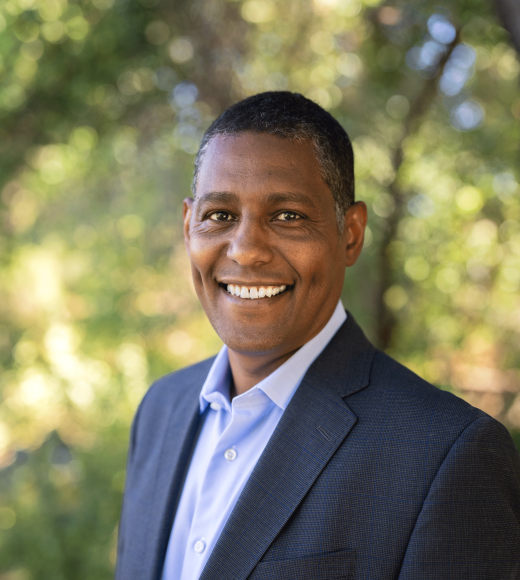
Dr. Ermias Kebreab
Associate Dean, CA&ES Global Engagement Office; Director, World Food Center, University of California-Davis
Ermias Kebreab is associate dean for global engagement in the College of Agricultural and Environmental Sciences, as well as director of the World Food Center. He is a renowned scholar and skilled administrator with extensive experience in sustainable agriculture and animal science. Kebreab oversees the advancement of the college’s international goals while working in collaboration with extensive internal and external partnerships to magnify the grand challenges facing our global food systems.
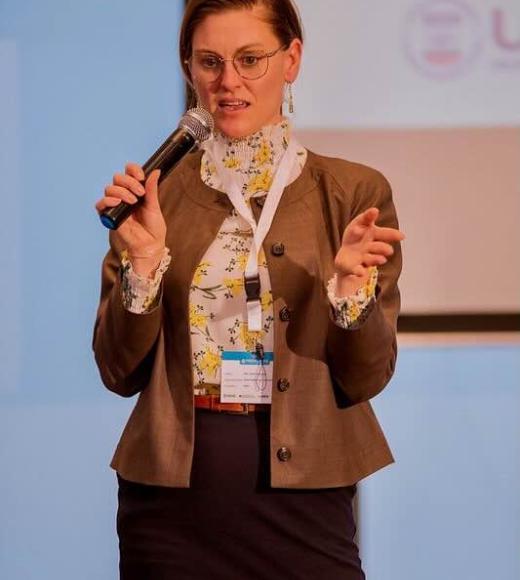
Dr. Erin McGuire
Director, Feed the Future Innovation Lab for Horticulture
Erin McGuire is the director of the Feed the Future Innovation Lab for Horticulture, in this work McGuire spearheads global research and partnership initiatives aimed at enhancing the livelihoods of smallholder farmers and fostering community empowerment through horticulture, with a keen focus on nutrition and healthy diets. In 2023, she was the chair of all the USAID Innovation Labs helping to generate discussion in the importance of horticulture, local leadership, and gender and social inclusion. She has long-standing relationships with the CGIAR, focusing on innovating and scaling for equitable food systems transformation.
Speakers - Panel Keynote: What are cutting edge trends in Global Agricultural Research

Dr. Erin McGuire
Director, Feed the Future Innovation Lab for Horticulture
Erin McGuire is the director of the Feed the Future Innovation Lab for Horticulture, in this work McGuire spearheads global research and partnership initiatives aimed at enhancing the livelihoods of smallholder farmers and fostering community empowerment through horticulture, with a keen focus on nutrition and healthy diets. In 2023, she was the chair of all the USAID Innovation Labs helping to generate discussion in the importance of horticulture, local leadership, and gender and social inclusion. She has long-standing relationships with the CGIAR, focusing on innovating and scaling for equitable food systems transformation.
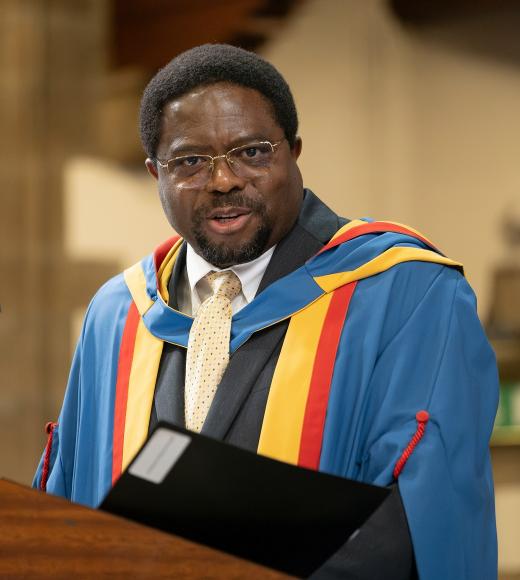
Dr. Appolinaire Djikeng
Director General, International Livestock Research Institute
Professor Djikeng currently serves as Director General of the International Livestock Research Institute (ILRI) and Senior Director for Livestock-based Systems at CGIAR. With over 20 years of experience in research and institutional development across Africa, Europe, and the USA, he is a renowned expert in bioscience, genomics, and their applications in agriculture. Before his current role, Professor Djikeng served as Director of the Centre for Tropical Livestock Genetics and Health at the Roslin Institute and was a Professor at the University of Edinburgh. He co-founded the African Animal Breeding Network (AABNET) to promote sustainable genetic improvement in Africa and the African BioGenome Project to harness genomics for biodiversity preservation. Additionally, Professor Djikeng holds honorary professorships at The University of Queensland and is a Distinguished Professor at the University of South Africa/Universiteit van Suid-Afrika. He serves on various science advisory boards and has received numerous accolades, including the Nelson Mandela noble peace award academy.
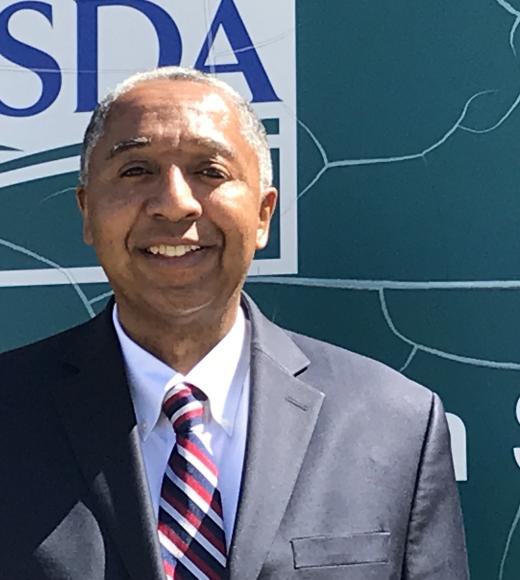
Dr. Otto Gonzalez
Senior Director, Agricultural Economic Development division, USDA-FAS
Otto Gonzalez is Senior Director, Agricultural Economic Development division, U.S. Department of Agriculture, Foreign Agricultural Service. His division applies technical expertise from across USDA to cooperate with or assist ministries of agriculture, other host-country institutions, and regional organizations to build capacity and promote agricultural development, food security, and trade. Most projects are done in collaboration with USAID or the U.S. Department of State. Gonzalez has been with USDA for over 25 years developing activities internationally to build capacity in natural resource management and agriculture. Gonzalez has a Ph.D. in Natural Resources and Environment from the University of Michigan.
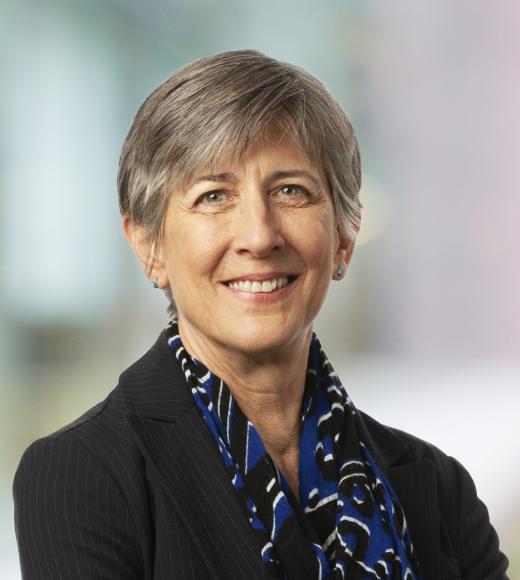
Dr. Renee Lafitte
Director, Crops Research and Development, Bill & Melinda Gates Foundation
Renee Lafitte is Director for Crops R&D in the Agricultural Development group at the Bill and Melinda Gates Foundation. She has a background in crop physiology, agronomy, and agro-ecology, with experience in technology discovery and product development for both intensive agriculture and resource-limited cropping systems. Prior to joining the foundation in 2019, Renee was a Research Fellow at DuPont Pioneer and then at Corteva. Previously, Renee worked in the CGIAR system, based first at the International Maize and Wheat Improvement Center (CIMMYT) in Mexico and then at the International Rice Research Institute (IRRI) in the Philippines.
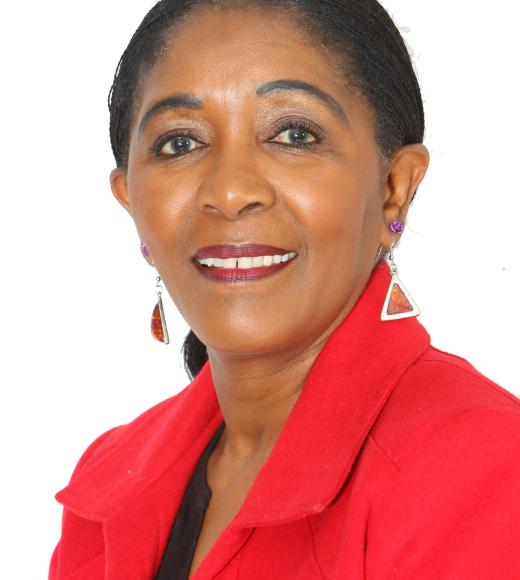
Dr. Boitshepo (Bibi) Giyose
Senior Officer Nutrition and Food Systems & Advisor to the CEO, AUDA-NEPAD/FAO
Boitshepo Bibi Giyose is a Senior Nutrition Officer for Policy and Programmes in the Nutrition and Food Systems Division at FAO, but currently on secondment to NEPAD as special advisor to the CEO. Her work focuses on integrating and mainstreaming nutrition into agriculture and related development agendas, and to promote a multisector approach for addressing all forms of malnutrition. She holds a MS in International Nutrition from Cornell University, and a BS in Nutrition and Dietetics from Appalachian State University, USA. Ms. Giyose was awarded a “Distinguished Alumna Award” in recognition of exceptional professional achievement by Appalachian State University in 2007. She was also named Senior Policy Scholar in 2011 by the Global Child Nutrition Foundation – USA - for her work on Home Grown School Feeding. She has served on numerous international scientific technical and policy advisory committees and boards.
Speakers - Panel 1: Agri-food systems for Nutrition

Dr. Christine H Diepenbrock
Assistant Professor, Assistant Plant Scientist, Department of Plant Sciences, University of California-Davis
Christine Diepenbrock is an Assistant Professor in Plant Sciences at the University of California, Davis. She and her research group are focused on improving crop nutritional quality and tolerance to drought and high temperatures in staple and specialty crops. She has also taken on the bean breeding program at UC Davis. Prior to her current position, Christine worked in the Predictive Agriculture division at Corteva Agriscience™. She conducted her Ph.D. in Plant Breeding and Genetics at Cornell University.
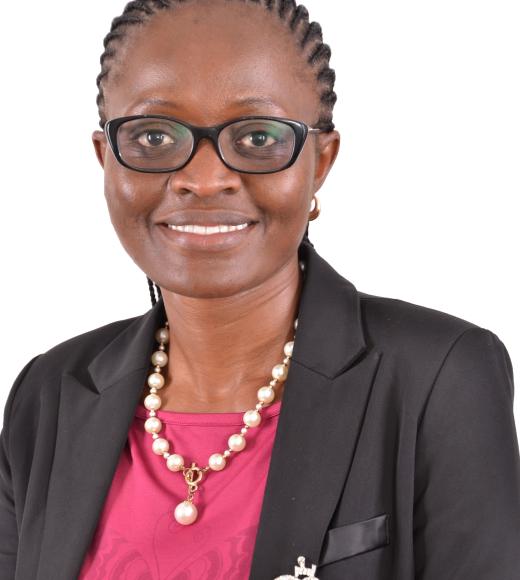
Dr. Penina Yumbya
Senior Program Officer at International Centre for Evaluation and Development, Feed the Future Innovation Lab for Horticulture East Africa Regional Hub
Dr. Peninah Yumbya is a distinguished Horticultural Scientist and Postharvest Specialist with a wealth of experience in conducting research across Sub-Saharan Africa. Her work is particularly focused on women and youth empowerment through innovative horticultural solutions. Currently, she serves as a Senior Researcher at the International Center for Evaluation and Development (ICED) and as the Feed the Future Innovation lab for Horticulture, East Africa Region Hub Manager. Dr. Yumbya’s research centers on developing low-cost sustainable postharvest technologies aimed at reducing postharvest losses and identifying neglected and underutilized fruits and vegetables with the potential to enhance food security in Africa. She is currently leading research in East Africa focusing on developing horticultural innovations for youth and women empowerment, with a particular emphasis on African Indigenous Crops
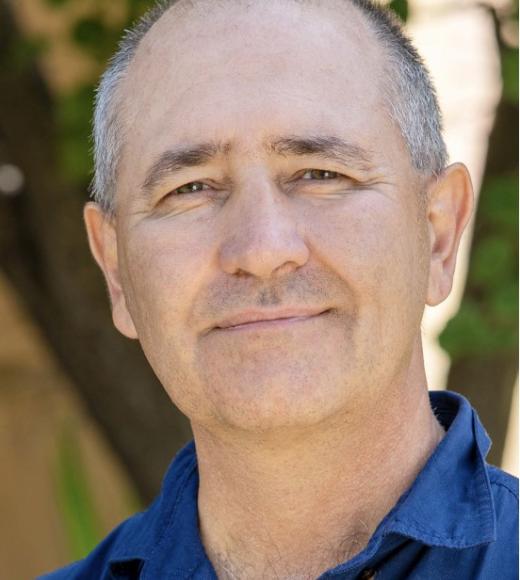
Dr. Allen Van Deynze
Director, Seed Biotechnology Center; and Associate Director of the Plant Breeding Center at University of California-Davis
Dr. Allen Van Deynze is the Director of the UC Davis Seed Biotechnology Center. He has a PhD in plant breeding from the University of Guelph, Canada. As part of the SBC’s mission, he is a liaison between public and industry, to develop, conduct and disseminate research and scientific information. His research focuses on developing and integrating genomics and biotechnology into plant breeding of California and African crops. He co-developed the Plant Breeding Academy. He is Scientific Director for the AOCC and is involved in international policy. Van Deynze is known for coordinating leading programs and consortia including the AOCC.
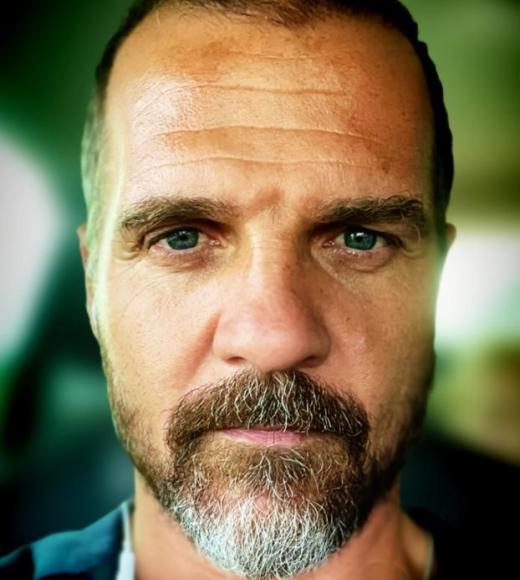
Mr. Guido Santini
Programme Coordinator, Plant Production and Protection Division, Food and Agriculture Organization of the United Nations
Guido Santini is an Officer at the Food and Agriculture Organization of the United Nations (FAO), where he leads a workstream on resilient agri-food systems in city regions. His work focuses on advancing sustainable crop production in urban and peri-urban areas and strengthening short supply chains by enhancing rural-urban linkages. Guido is also a key member of the core team for FAO's Green Cities Initiative, which promotes sustainable urban development through innovative food systems solutions. Guido holds an MSc in Tropical and Subtropical Agriculture from the University of Florence and the Technical University of Lisbon. With over 20 years of experience in international development (FAO, UNDP), he specializes in food systems, sustainable crop production, and natural resource management, working across Europe, Sub-Saharan Africa, Asia, and Latin America.
Speakers - Panel 2: Livestock and Crop Systems for Climate Resilience

Dr. Ermias Kebreab
Associate Dean, CA&ES Global Engagement Office; Director, World Food Center, University of California-Davis
Ermias Kebreab is associate dean for global engagement in the College of Agricultural and Environmental Sciences, as well as director of the World Food Center. He is a renowned scholar and skilled administrator with extensive experience in sustainable agriculture and animal science. Kebreab oversees the advancement of the college’s international goals while working in collaboration with extensive internal and external partnerships to magnify the grand challenges facing our global food systems.

Dr. Appolinaire Djikeng
Director General International Livestock Research Institute (ILRI)
Professor Djikeng currently serves as Director General of the International Livestock Research Institute (ILRI) and Senior Director for Livestock-based Systems at CGIAR. With over 20 years of experience in research and institutional development across Africa, Europe, and the USA, he is a renowned expert in bioscience, genomics, and their applications in agriculture. Before his current role, Professor Djikeng served as Director of the Centre for Tropical Livestock Genetics and Health at the Roslin Institute and was a Professor at the University of Edinburgh. He co-founded the African Animal Breeding Network (AABNET) to promote sustainable genetic improvement in Africa and the African BioGenome Project to harness genomics for biodiversity preservation. Additionally, Professor Djikeng holds honorary professorships at The University of Queensland and is a Distinguished Professor at the University of South Africa/Universiteit van Suid-Afrika. He serves on various science advisory boards and has received numerous accolades, including the nelson mandela noble peace award academy.
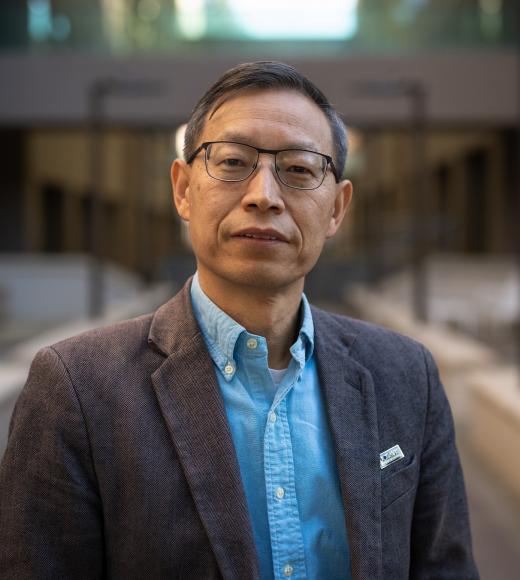
Dr. Huaijun Zhou
Professor, Department of Animal Science, University of California-Davis
Huaijun Zhou is Chancellor’s Leadership Professor, Chancellor’s Fellow. Zhou’s research program applies genetic, genomic, comparative epigenomics and bioinformatics to improve global food security, production efficiency, and food safety. He has received more than $40 million ($20 million as a PI) in funding from USAID, USDA, NIH, FFAR, and livestock industries. Zhou was the Program Director of USAID Feed the Future Innovation Lab for Genomics to Improve Poultry. Zhou has published more than 164 full-length SCI papers including high-impact journals Nature, Science, Nature Genetics. His work has received significant accolades including 2023 National Academy of Sciences Prize in Food and Agriculture Sciences and Inaugural Top Agrifood Pioneers List by the World Food Prize Foundation.
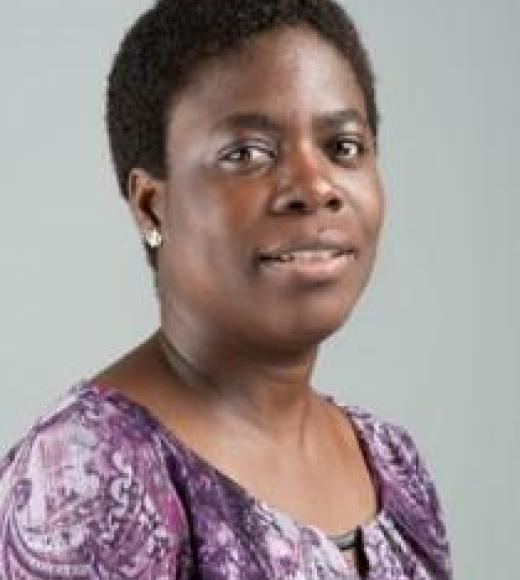
Dr. Naalamle Amissah
Senior lecturer, University of Ghana; and West Africa Regional Hub Manager for Feed the Future Innovation Lab for Horticulture
Dr. Naalamle Amissah’s research interests include the selection, evaluation and propagation (using conventional and in vitro techniques) of economically important plants, that are either difficult-to-propagate, neglected or at risk of extinction (several indigenous crop species, ornamental and medicinal plants fall within this category), and the development of improved technologies to ensure their successful establishment. Her research also involves the genetic characterization and development of cultivation protocols for medicinal plants - Nibima (Cryptolepis sanguinolenta), Croton (Croton membranaceus) and neglected and underutilized crop species such as and Frafra potato (Solenostemum rotundifolius) with potential to address climate change related problems and food security challenges in Ghana.
Speakers - Research Showcase: Building Drought Resilience in Sub-Saharan Africa
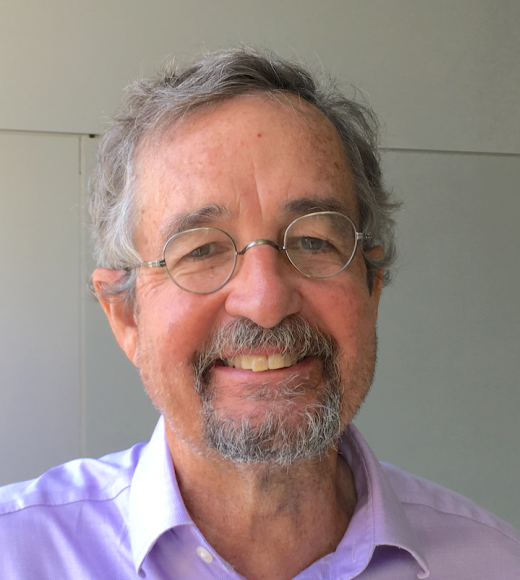
Michael Carter
Director, Feed the Future Innovation Lab for Markets, Risk and Resilience, Distinguished Professor of Agricultural and Resource Economics, UC Davis
Michael R. Carter is a distinguished professor of agricultural and resource economics at the University of California, Davis and honorary professor of economics at the University of Cape Town. Carter directs the BASIS MRR Innovation Lab and the Resilience+ Innovation Facility. Author of numerous scientific publications, Carter’s current research projects examine poverty dynamics and productive social safety nets, evaluation of interventions to boost small farm uptake of improved technologies, and feature a suite of projects that design, pilot and evaluate index insurance contracts as mechanisms to alleviate chronic poverty and deepen agricultural and rural financial markets. Carter is an elected fellow of NBER (the National Bureau of Economic Research), BREAD (Bureau for Research and Economic Analysis of Development) and the American Agricultural Economics Association. He has won awards for research quality and impact and has served in an editorial capacity with multiple journals devoted to economic development and food security issues. A past member of the boards of directors of Oxfam America and the Grameen Foundation, he currently serves on multiple scientific advisory panels.
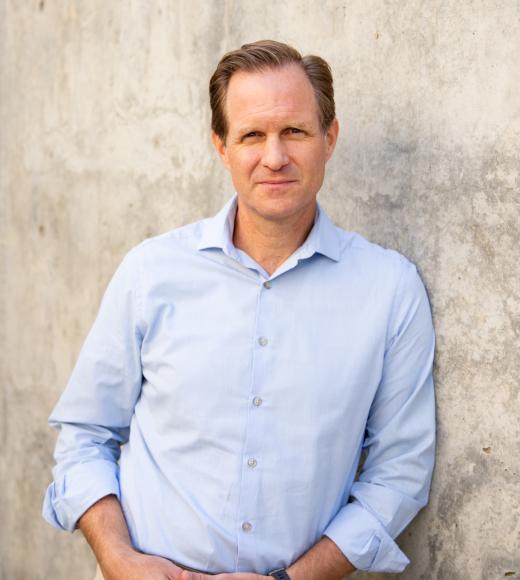
Dr. Travis Lybbert
Professor, Agriculture Resources and Economics, UC Davis, and CGIAR Standing Panel on Impact Assessment Chair
Travis J. Lybbert is Professor of Agricultural & Resource Economics at the University of California Davis, Affiliate of the Center for Effective Global Action at UC Berkeley, and Chair of the Standing Panel for Impact Assessment of the CGIAR. He works on topics in applied microeconomics ranging from poverty dynamics, hope and aspirations, and nutrition to digital financial inclusion, agricultural technology adoption, and innovation policy. His collaborations with researchers, students, NGOs, governments, and private firms have addressed questions in a wide range of fields and locations, including India, Haiti, Mexico, Sub-Saharan Africa, North Africa, the U.S., and Europe.

Dr. Renee Lafitte
Director, Crops Research and Development, Bill & Melinda Gates Foundation
Renee Lafitte is Director for Crops R&D in the Agricultural Development group at the Bill and Melinda Gates Foundation. She has a background in crop physiology, agronomy, and agro-ecology, with experience in technology discovery and product development for both intensive agriculture and resource-limited cropping systems. Prior to joining the foundation in 2019, Renee was a Research Fellow at DuPont Pioneer and then at Corteva. Previously, Renee worked in the CGIAR system, based first at the International Maize and Wheat Improvement Center (CIMMYT) in Mexico and then at the International Rice Research Institute (IRRI) in the Philippines.
Speakers - Panel 3: Social Considerations in Agricultural Practices
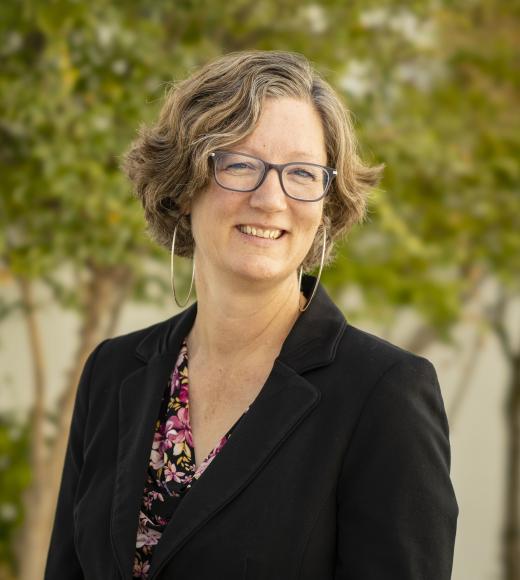
Dr. Amanda Crump
Associate Professor, Department of Plant Sciences, University of California-Davis
Amanda Crump is a professor of international agricultural development at University of California, Davis. She has over ten years of university teaching experience and currently teaches courses for undergraduate and graduate students in international agricultural development theory and practice, program management and evaluation, and social change. Her research focuses on improving educational outcomes for women and other underserved adults. She has managed over $40 million in international and domestic agricultural research projects and her mentees now work as gender equity specialists, program managers and evaluators in Mali, Rome, Chile, El Salvador and many other places. Amanda earned a PhD in education from University of California, Davis, a M.S. degree in plant pathology and weed science from Colorado State University, and a B.S. in agricultural education from the University of Idaho. She grew up on a farm and so she likes to spend my free time in my garden.
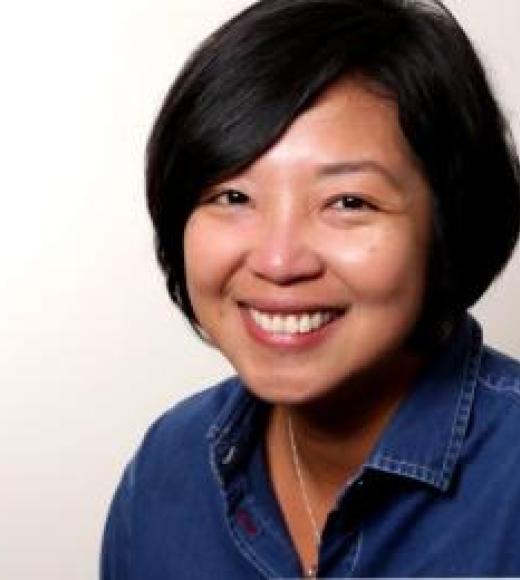
Dr. Hazel Malapit
Senior Research Coordinator, International Food Policy Research Institute
Hazel Malapit is a senior research coordinator at the International Food Policy Research Institute (IFPRI), based in Washington DC. She coordinates research, training, and technical assistance on implementing the Women’s Empowerment in Agriculture Index (WEAI), and conducts research on gender, women’s empowerment, agriculture, health, and nutrition issues. She is co-Principal Investigator for the Gender, Agriculture & Assets Program (GAAP) (Phase 2) and leads the technical assistance team providing guidance to partners using WEAI tools. She works with agricultural development projects, CGIAR Centers, and developing country partners to develop and apply women’s empowerment metrics in impact assessments, and leads strategic research projects in priority topics.
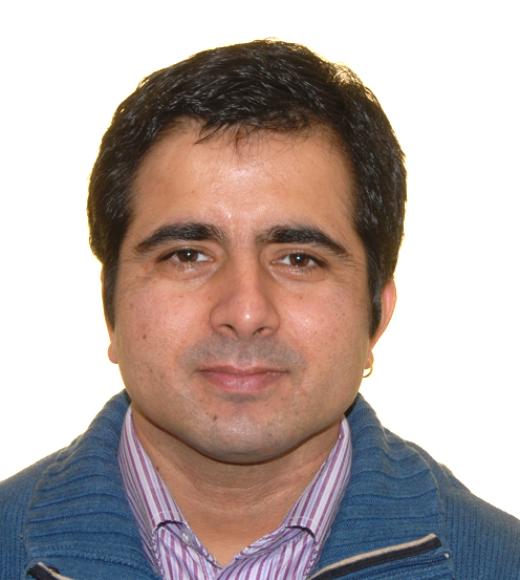
Krishna Prasad Sapkota
South Asia Regional Hub Manager, Feed the Future Innovation Lab for Horticulture based at FORWARD Nepal
Krishna holds a master’s degree in Agriculture specialized in post-harvest horticulture from Norwegian University of Life Sciences (NMBU), Bachelors in Agriculture from IAAS/TU and working for Research and Development projects. He has been in the development sector since 2007 starting his career from SDC funded Multi-stakeholder Forestry Program (MSFP) following USAID, UNDP, IFAD funded projects. His research interests lie in the area of food and nutrition security, resilient livelihoods, climate smart agriculture and youth agribusiness. He manages a portfolio of three research for development projects in Bangladesh and Nepal working for increasing the production efficiency of fruits and vegetables engaging youths in South Asia.
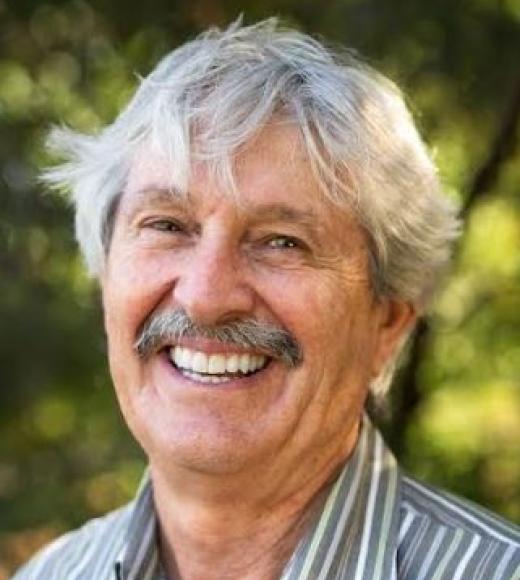
Dr. Mark Bell
Agriculture Development Specialist, CA&ES Global Engagement Office, University of California-Davis
Dr. Mark Andrew Bell has rich experience in international research and agricultural extension, having worked at UC Davis, UC ANR, and global institutions like IRRI and CIMMYT. As an agronomist and trainer, he has developed innovative training programs and online tools, including the Rice Knowledge Bank, to support research and extension worldwide. With a focus on using science to help small-scale farmers and address climate change, he has worked in over 30 countries, driving strategy development and practical solutions. His work emphasizes capacity building and draws on ICT applications in extension, aiming to translate science into impactful, actionable outcomes for sustainable agriculture.
Speakers - Panel 4: Scaling Research Results, Seeding collaborations for impact
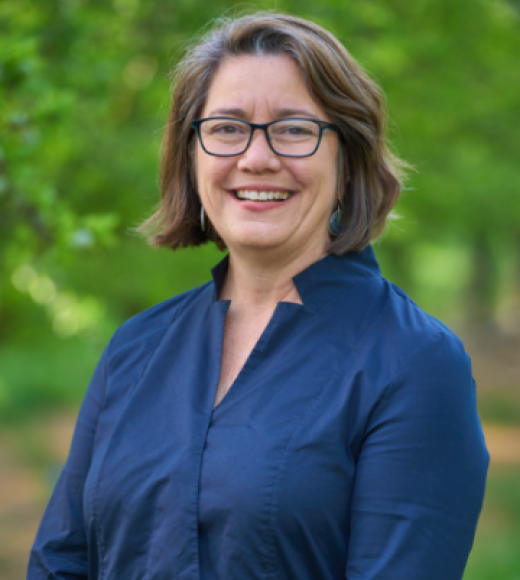
Dr. Josette Lewis
Vice President and Chief Scientific Officer, Almond Board of California
Dr. Lewis oversees research on growing almonds, innovative new uses of almond co-products and research on the health benefits of almond consumption. Josette has worked in agriculture for 30 years, spanning government, industry, university and non-governmental organizations including the Environmental Defense Fund, UC Davis, Arcadia Biosciences and the U.S. Agency for International Development.
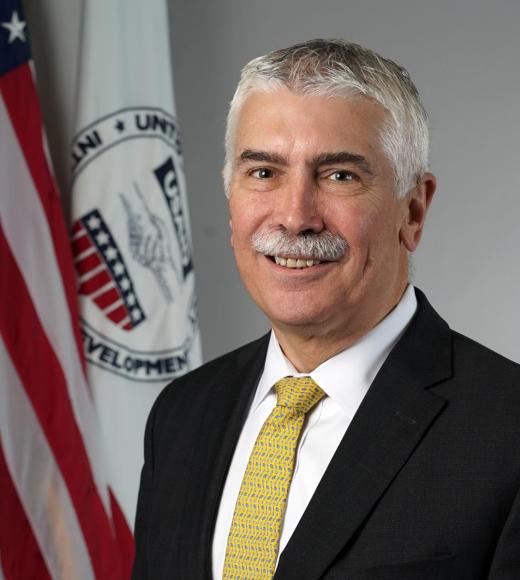
Dr. Rob Bertram
Chief Scientist, USAID
Rob Bertram is the Chief Scientist in USAID’s Bureau for Resilience and Food Security, where he serves as a key adviser on a range of technical and program issues to advance global food security and nutrition. In this role, he leads USAID’s evidence-based efforts to advance research, technology and implementation in support of the U.S. Government’s global hunger and food security initiative, Feed the Future. He previously served as Director of the Office of Agricultural Research and Policy in the Bureau for Resilience and Food Security, which leads implementation of the Feed the Future research strategy and related efforts to scale innovations in global food security efforts, working with a range of partners. Prior to that, he guided USAID investments in agriculture and natural resources research for many years.
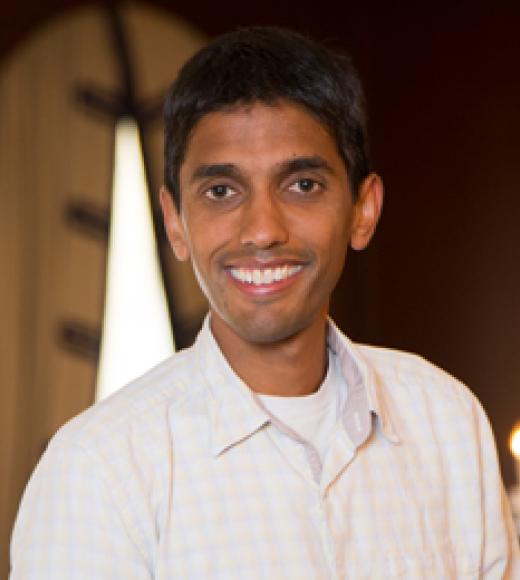
Rikin Gandhi
Chief Executive Officer, Digital Green
Rikin Gandhi, CEO and co-founder of Digital Green, has a background in computer science and aerospace engineering from Carnegie Mellon University and MIT. He has worked at Oracle, Microsoft Research, and co-authored significant works on agri-food innovation systems. Since setting up as a non-profit in 2008, Digital Green has been improving the cost-effectiveness of agricultural extension in South Asia and Africa with videos by and for farmers serving 100,000 extension agents and 6 million farmers, and now is leveraging generative AI to flip the paradigm of extension for women farmers at the frontlines of climate change.
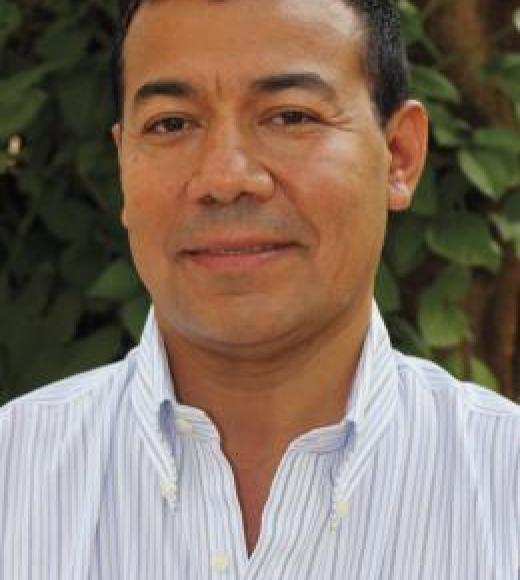
Julio Lopez
Associate Professor and Plant Protection Specialist, Zamorano University; and Central America Regional Hub Manager, Feed the Future Innovation Lab for Horticulture
Julio López is an associate professor and a plant protection specialist and leads classes in integrated pest management and small-scale crop production systems as a professor at the Panamerican Agricultural School, Zamorano, in Honduras. He is also the Director of the Horticulture Innovation Lab Regional Innovation Center at Zamorano. Professor López has mentored students and participated in several courses on sustainable rural development, food security and food safety, IPM in vegetables, fruits and grains crops at Zamorano, Nicaragua and Honduras agricultural universities. He also is an expert in the extension of information on IPM, farmer field school methodology and alternative technologies for pest control for small producers, handlers and consumers.
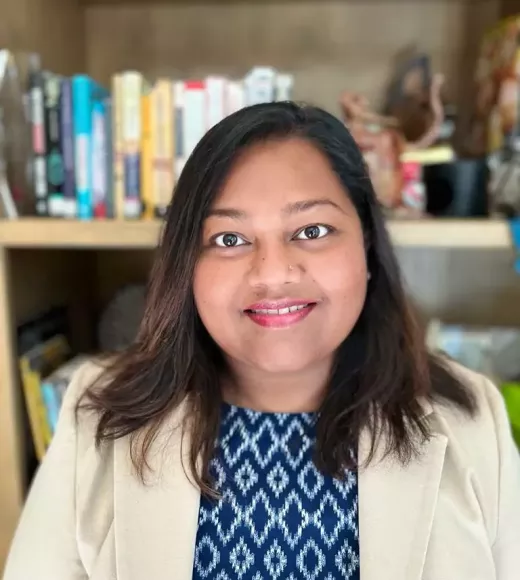
Rashmi Kiran Ekka
New Business Development Director, Connexus Corporation
Rashmi Ekka serves as a Project Director for Connexus, supporting the USAID Generating Equity and USAID Land for Prosperity projects in Colombia. She is an international development practitioner with 14 years of experience working to increase access to finance and developing agriculture market systems. Her technical expertise is in agricultural market systems development, food loss and waste, financial inclusion and entrepreneurship development. Most recently, She developed a Food Loss and Waste Value Chain Selection Guide for USDA and led it’s pilot in Kenya and Costa Rica. Previously, Rashmi managed USAID Feed the Future Horticulture Innovation Lab’s projects to reduce postharvest losses in horticulture in Rwanda and Burkina Faso (2016 – 2019). Rashmi holds an MBA from the University of California, Davis and a BA in Economics from the College of Wooster, Ohio. She has worked in Afghanistan, Burkina Faso, Ethiopia, India, Ghana, Kenya, Morocco, Rwanda, Uganda, USA and Tanzania, and she has lead projects remotely in Cameroon, Colombia, Costa Rica, Zambia and Zimbabwe.
Speakers - Reception
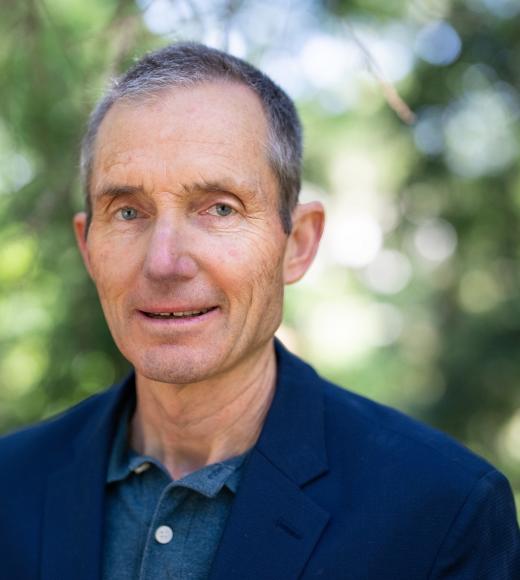
Dr. Daniel Potter
Professor and Chair of the Plant Sciences Department, UC Davis
Dan Potter is Professor and Chair of the UC Davis Department of Plant Sciences. His primary research interest is angiosperm systematics (diversity, evolutionary relationships, and classification of flowering plants); many projects in his lab focus on cultivated plants and their wild relatives, as well as species native to California. Dan teaches courses in plant taxonomy and ethnobotany (study of direct relationships between people and plants). He currently serves as Vice Chair of the Davis Division of the Academic Senate, Director the UC Davis herbarium, member of the California Native Plant Society Board of Certification, and Editor-in-Chief of Systematic Botany.

Dr. Cameron Pittelkow
Associate Professor, UC Davis
Dr. Pittelkow’s research is focused on balancing crop production and sustainability goals in agriculture. He conducts integrated assessments of agroecosystem performance with the objective of optimizing resource use efficiencies and crop yields while mitigating negative environmental impacts. He is particularly interested in identifying cropping systems and management practices that increase nitrogen and water use efficiencies while reducing carbon footprint. His projects are conducted in the U.S. and internationally through a variety of collaborations.

